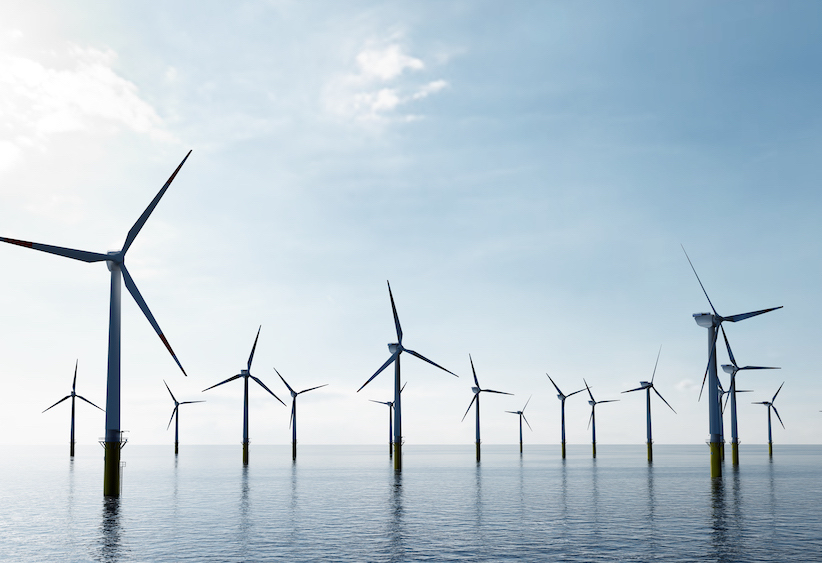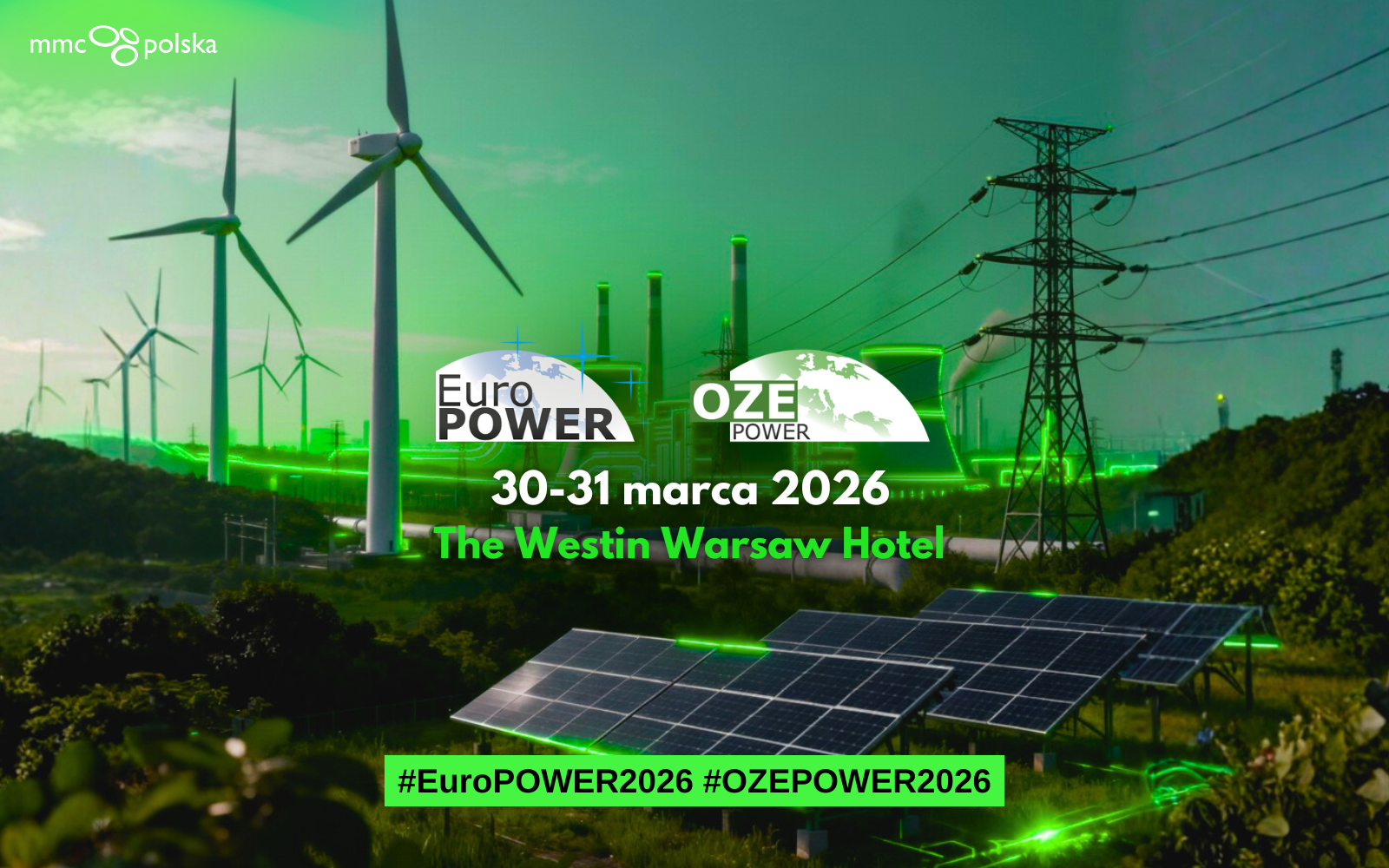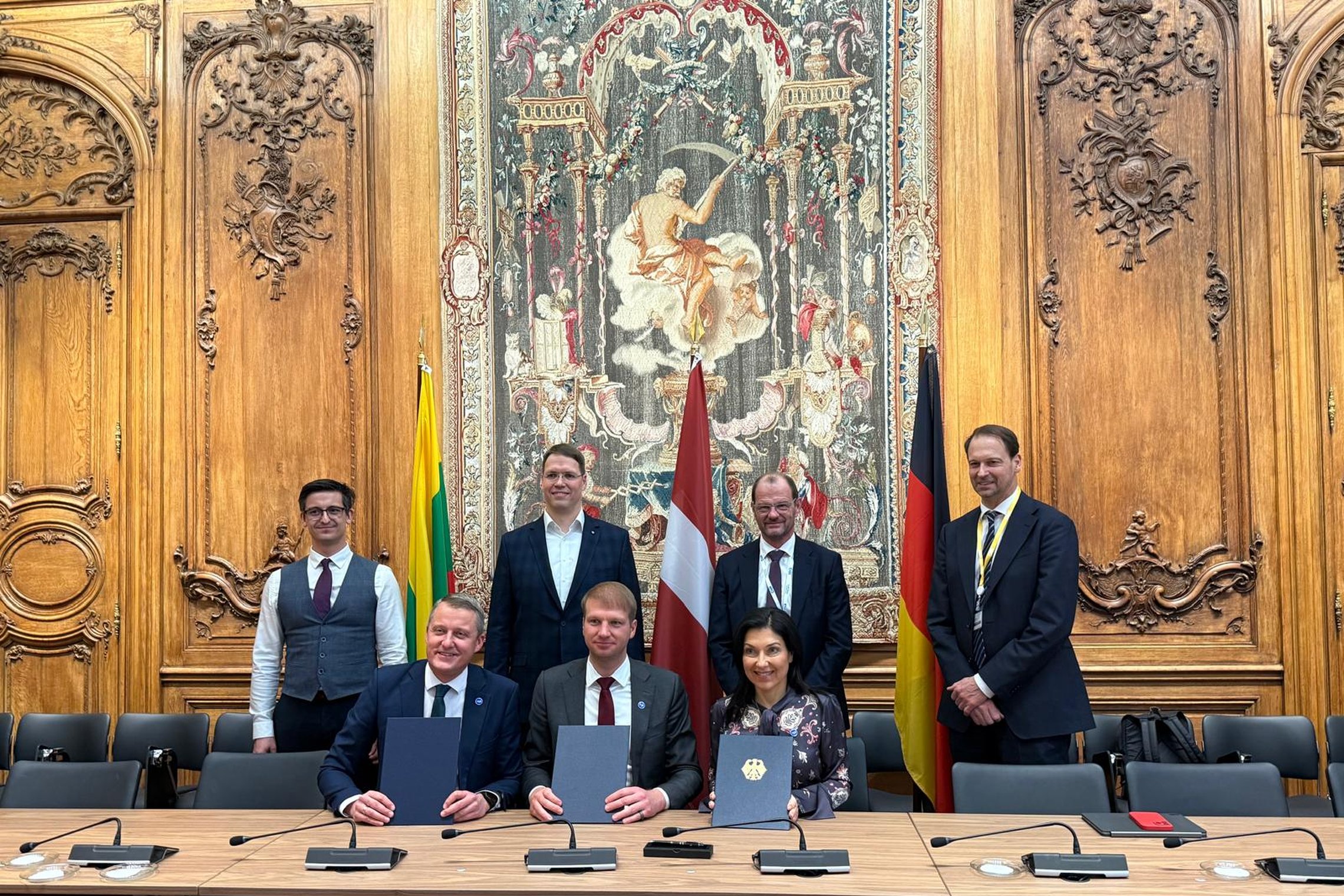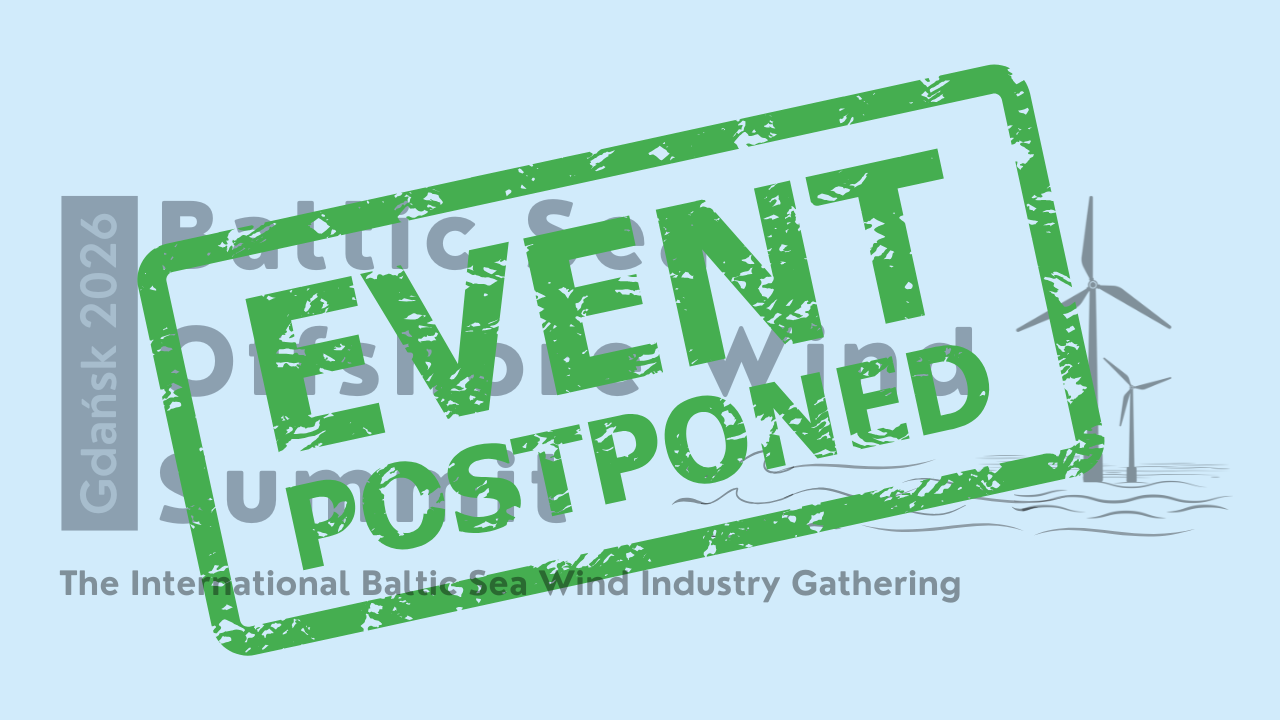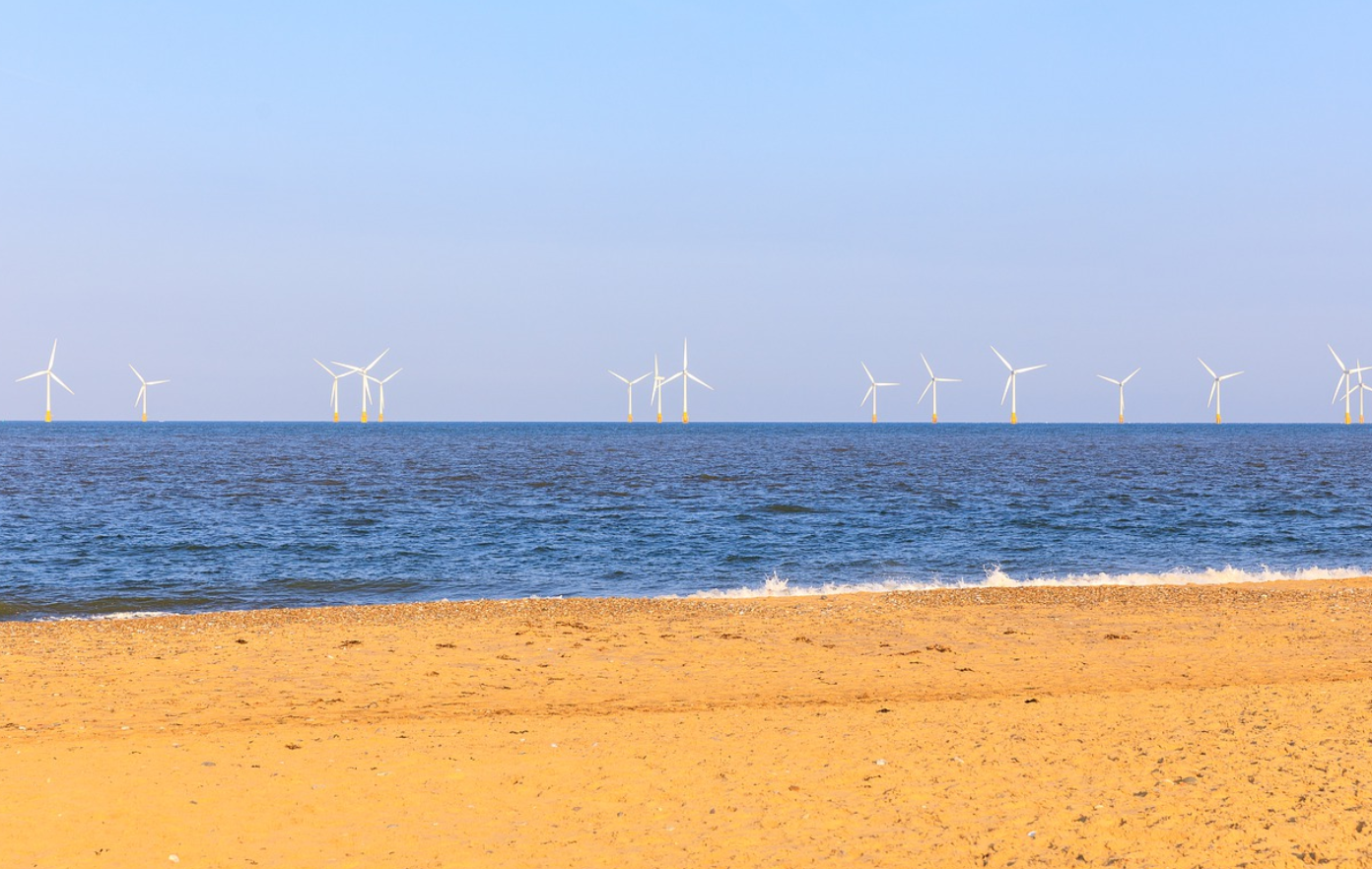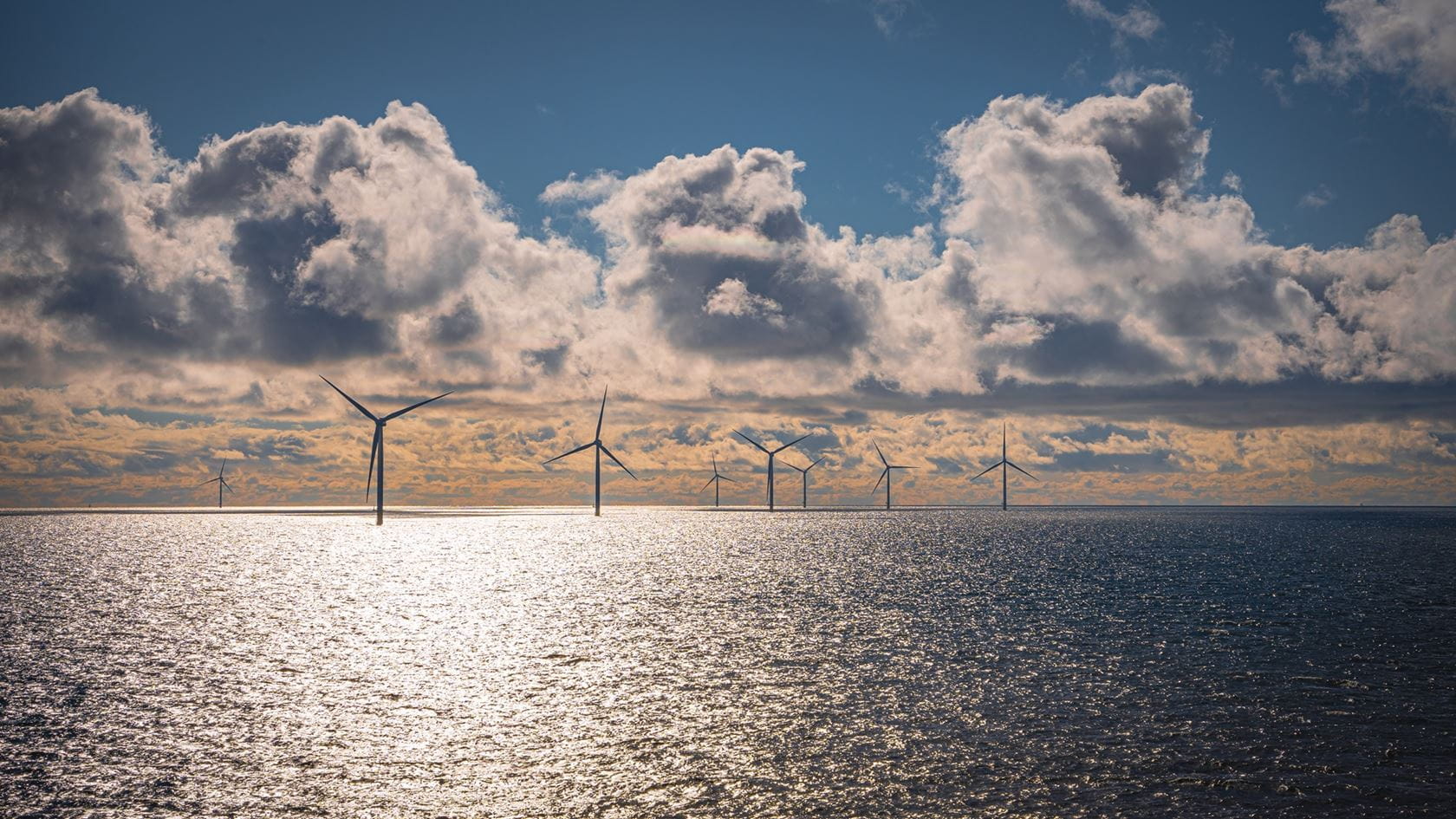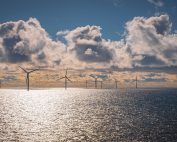PGE Baltica and the Institute of Fluid-Flow Machinery of the Polish Academy of Sciences (IPM PAN) have completed a research project aimed at investigating the effect of blocking wind flow by large offshore wind farms. As a result of the work, an advanced model of air flow through offshore installations was created. It will be used to more accurately predict offshore farm productivity and help in planning the most efficient deployment of turbines at sea.
Experts from PGE Baltica and the Institute of Fluid-Flow Machinery, Polish Academy of Sciences (IPM PAN) conducted research in 2020-2021 to better understand the wind blockage effect occurring in the vicinity of offshore wind farms. By studying this phenomenon, it is possible to estimate how much energy a given offshore wind farm will be able to generate. As a result of the analysis, based on wind studies, experts created an engineering model. It will be used in the implementation of the PGE Group Offshore Programme.
– One of the important elements of the preparatory stage of an offshore investment is the estimation of its future productivity. Therefore, we decided to conduct analyses to investigate the wind slowdown effect associated with offshore wind farm operations. We decided to implement this activity with a Polish scientific unit. Thanks to the developed wind flow model we will be able to plan the most efficient deployment of individual turbines in our wind farms in the Baltic Sea and estimate their productivity even more precisely,” said Monika Morawiecka, CEO of PGE Baltica.
– Many years of work in the development of computational methods in aerodynamics enabled the development of a model to assess the impact of a wind farm on the wind speed in its surroundings. The completed project with PGE Baltica is an example of cooperation between the scientific-academic community and business partners, which is one of the prerequisites for maximising the so-called “efficiency”. Local content in offshore wind energy investments in Polish areas – Paweł Flaszyński, Professor IMP PAN.
The impact of slowing down the wind flow was investigated by PGE Baltica and IMP PAN using numerical fluid mechanics, a branch of science that deals with simulations in hydro and aerodynamics. The reliability of the study performed was confirmed by comparing the results with data from an existing offshore wind farm in the North Sea.
The phenomenon of wind slowdown by large offshore wind farms has been widely discussed in the industry since 2018, when the first research results demonstrating its impact on turbine operation were published. A year later, PGE Baltica and IMP PAN decided to cooperate in order to better understand this phenomenon. In 2019, the entities signed a cooperation agreement in this area and the research work started in 2020.
Source: PGE Baltica
